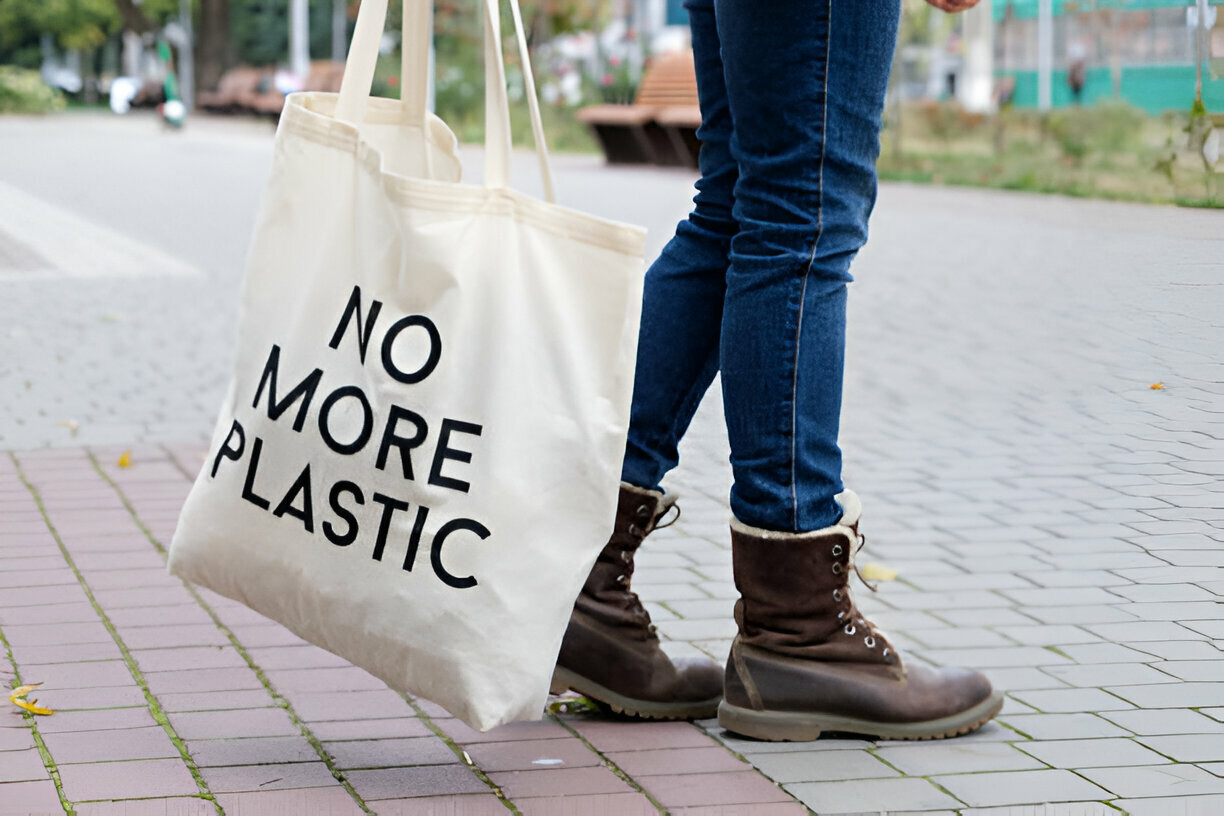Beyond the Bag: The Eco-Friendly Power of Reusables
Table of Contents:
- Introduction
- The Rise of Reusables
- Benefits of Reusables
- Promoting Reusables
- The Role of Education and Awareness
- Conclusion
Key Takeaways:
- Plastic bags pose significant environmental threats, prompting a shift towards reusable alternatives.
- Reusables offer durability, cost-effectiveness, and style, making them a practical choice for eco-conscious consumers.
- Promoting reusables requires incentives, policies, education, and awareness-raising efforts.
- Embracing reusables is essential for reducing plastic pollution and building a more sustainable future.
Introduction
In recent years, global attention has been focused on the consequences of single-use plastics, particularly plastic bags, on the environment. Plastic bags represent substantial environmental hazards, such as blocking waterways and killing wildlife. Individuals, corporations, and governments are increasingly adopting reusable alternatives. This shift toward sustainability is visible in projects like shopping bags made without plastic New York. In this post, we’ll look at the environmentally friendly power of reusables, including their benefits, limitations, and role in reducing plastic pollution and encouraging a more sustainable future.
The Rise of Reusables
In reaction to the environmental damage caused by plastic bags, there has been a growing push for reusable options. Reusable cotton, canvas, or recycled plastic bags provide a long-lasting and environmentally responsible alternative to single-use plastic bags. Similarly, reusable containers, bottles, and utensils are becoming increasingly popular as people seek to lessen their dependence on disposable things and reduce their environmental impact.
Benefits of Reusables
Reusable products offer a range of benefits beyond environmental sustainability. They are typically more durable and long-lasting than their single-use counterparts, saving consumers money in the long run. Reusables also foster a culture of mindfulness and responsibility, encouraging people to consider their consumption habits and the environmental impact of their decisions. Many reusable products are also customizable and fashionable, making them an attractive and practical option for environmentally conscious shoppers.
Promoting Reusables
Addressing these issues and adequately communicating their benefits is critical to encouraging broad use of reusables. Businesses can play an essential role by incentivizing customers to adopt reusable products, such as discounts or loyalty points. Governments can also impose restrictions to discourage single-use plastics and promote reusable alternatives, such as plastic bag bans or tariffs.
The Role of Education and Awareness
Education and awareness are critical components for encouraging the use of reusable products. By enlightening customers on the environmental effects of single-use plastics and the benefits of reusables, we can empower them to make more sustainable decisions in their daily lives. Schools, community organizations, and environmental groups can all contribute to raising awareness and encouraging the use of reusable products through educational programs and outreach efforts.
Conclusion
Finally, reusables provide a durable and environmentally preferable alternative to single-use plastics, reducing plastic pollution and promoting a more sustainable future. Individuals may reduce their environmental impact and contribute to a cleaner, healthier earth by using reusable bags, containers, and utensils. While challenges remain, including convenience and consumer behavior, efforts to







